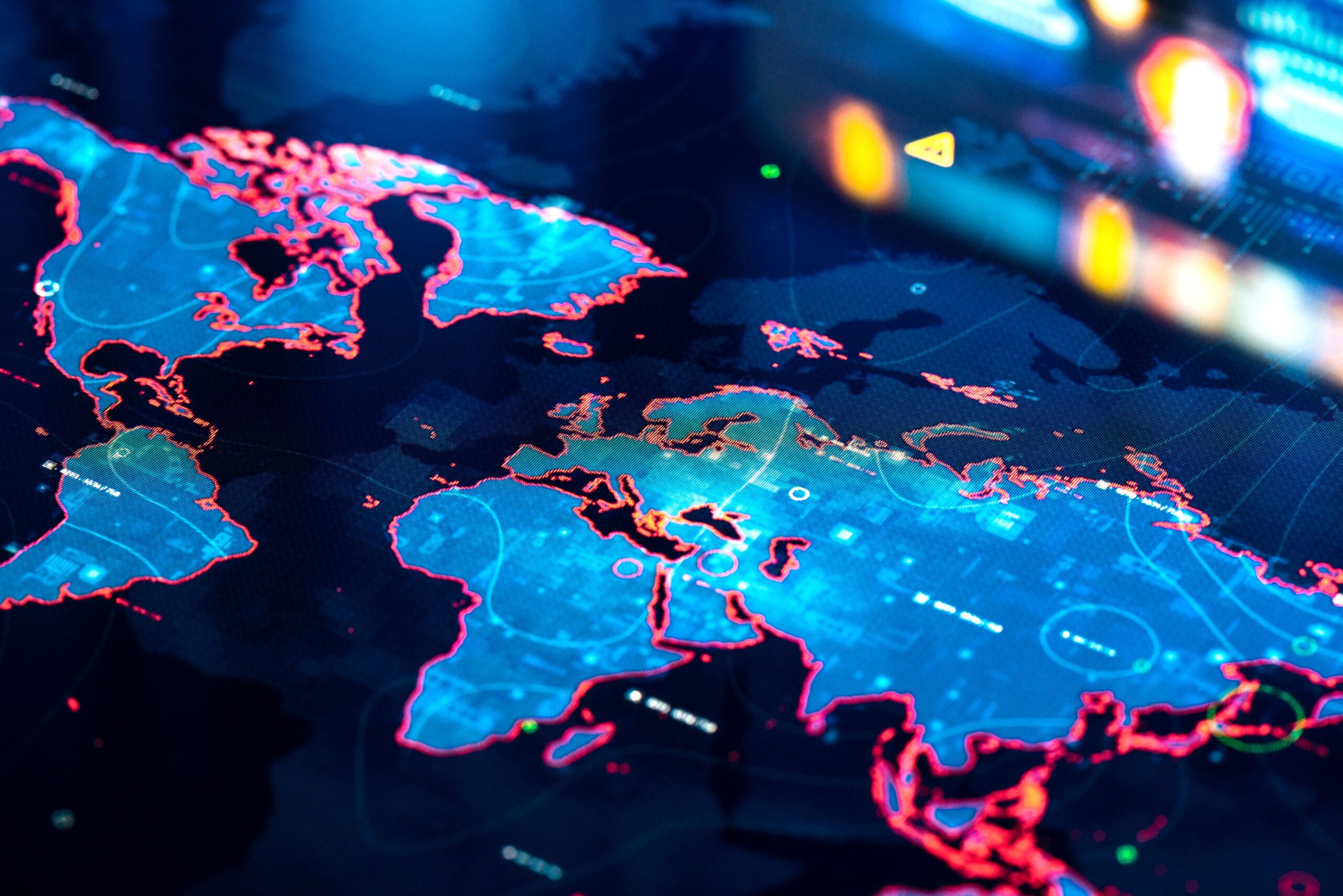From 2017 to 2023, Tobias Feakin was Australia’s inaugural Ambassador for Cyber Affairs and Critical Technology, leading the nation’s international approach to technology issues. This role placed him at the epicentre of global decision-making around emerging technology issues.
Dr. Feakin is a leading technology strategist – he conceived and led the Australian Government’s foreign policy and international engagement on cyber and critical technology. He was responsible for creating two world-leading International Engagement Strategies for Cyber and Critical Technology.
A trusted advisor to multiple Prime Ministers, Foreign Ministers and senior business leaders, Dr. Feakin maintains a global network of senior leaders across government, the private sector and civil society.
In 2023, Dr. Feakin launched Protostar Strategy, which advises and equips senior leaders to navigate the geopolitical and technological landscape facing their organisations.
From 2012-2016, he was the Director of National Security at the Australian Strategic Policy Institute, overseeing their work on Counter-Terrorism, Critical Infrastructure Protection, Border Security and Policing. Before arriving in Australia, he served as the Director of National Security & Resilience at the Royal United Services Institute (RUSI) in London from 2007 to 2012.
Dr. Feakin is a Senior Associate Fellow of RUSI, a founding member of the Aspen Institute’s Global Cybersecurity Group, an Expert Advisor to the University of Oxford’s Global Cybersecurity Capacity Centre, an Expert Advisor to the Carnegie Endowment for International Peace’s FinCyber Strategy Project and a Non-Executive Director for the Tech Policy Design Institute.



